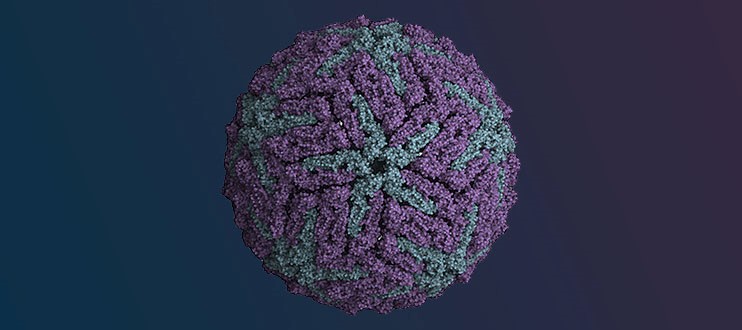

 Back to Suggested Publications
Back to Suggested Publications

The article we suggest this week, Efficacy of a Tetravalent Dengue Vaccine in Healthy Children and Adolescents, published last November on NEJM, presents primary efficacy data from part 1 of an ongoing phase 3 randomized trial of a tetravalent dengue vaccine candidate (TAK-003) in regions of Asia and Latin America in which the disease is endemic.
SUMMARY
Dengue is a pandemic-prone viral disease, the incidence of which has increased by a factor of 30 over the past 50 years. Nearly half of the world’s population lives in dengue-endemic areas in more than 100 countries worldwide, where approximately 390 million cases of dengue virus infection are estimated to occur each year. Dengue can range from asymptomatic infection to severe disease with a mortality rate of 20% if untreated. Four serotypes of dengue virus (DENV-1 through DENV-4) frequently cocirculate in areas in which the disease is endemic. Although infection provides decades of protective immunity against the infecting serotype, secondary infection with a different serotype increases the risk of severe disease. A tetravalent dengue vaccine based on a yellow fever virus “backbone,” CYD-TDV (Dengvaxia, Sanofi Pasteur), has been licensed in several countries on the basis of a 56 to 61% vaccine efficacy against virologically confirmed dengue, as it is associated with an increased risk of severe dengue and dengue leading to hospitalization in seronegative persons, among children in Asia and Latin America.
A new tetravalent dengue vaccine candidate, TAK-003 (Takeda), is based on a live attenuated DENV-2 virus, that provides the genetic backbone for all four of the viruses in the vaccine, which were originally designed and constructed by scientists at the Division of Vector-Borne Diseases of the Centers for Disease Control and Prevention (CDC). The efficacy, safety, and immunogenicity of two doses of TAK-003 are currently being assessed in a large-scale, phase 3, randomized, placebo-controlled clinical trial (Efficacy, Safety and Immunogenicity of Takeda’s Tetravalent Dengue Vaccine in Healthy Children [TIDES]), involving healthy children and adolescents, 4 to 16 years of age, living in Latin America and Asia. (Funded by Takeda Vaccines; TIDES ClinicalTrials.gov number, NCT02747927.)
The authors report the primary findings from the first part of this ongoing trial.
They enrolled patients at 26 sites in which dengue is endemic; participants received their first injections between September 2016 and March 2017. 20,099 patients, who met the trial entry criteria, were randomly assigned in a 2:1 ratio to receive two doses of vaccine or placebo, 3 months apart. The trial consists of three parts for each participant, with active surveillance during parts 1 and 2 and modified active surveillance during part 3. The mean age of the participants in the per-protocol population was 9.6 years and 27.7% of participants were seronegative at baseline.
During the part 1 period, acute-phase specimens were obtained and there were 278 cases of virologically confirmed dengue in the safety population.
The vaccine efficacy against virologically confirmed dengue caused by any serotype was 80.2% in the per-protocol population (P<0.001); similar results were obtained in a sensitivity analysis involving the full analysis population.
Exploratory analysis of the secondary efficacy end points showed that the vaccine had 97.7% efficacy against DENV-2 (the serotype that provides the genetic “backbone” of TAK-003), and a modest efficacy against DENV-1 (73.7%), and DENV-3 (62.6%); however, the results for efficacy against DENV-4 were inconclusive.
The percentage of participants with serious adverse events was similar in the vaccine group and in the placebo group.
In part 1 of this trial, the authors found an overall vaccine efficacy of approximately 80% against virologically confirmed dengue. The vaccine efficacy was 74.9% among participants who were seronegative at baseline and was 95.4% against dengue leading to hospitalization.
The authors conclude that TAK-003 was efficacious against virologically confirmed dengue fever among healthy children and adolescents 4 to 16 years of age, irrespective of previous dengue exposure, highlighting that the study in ongoing and longer-term data will be important in better defining the efficacy and safety profile of this vaccine candidate.